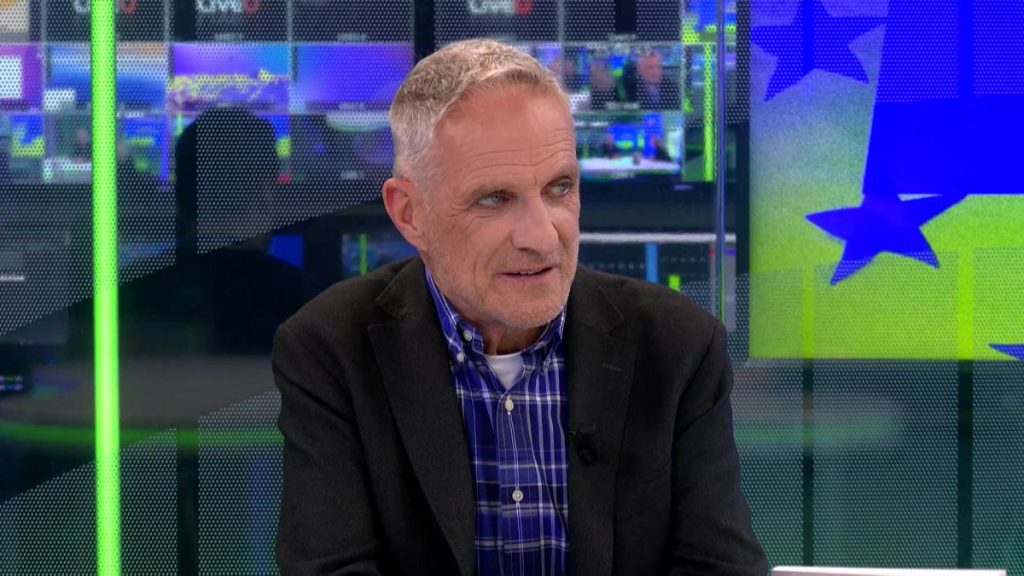Bernard Phelan, a dual Irish-French national and travel consultant, endured a harrowing 220-day ordeal as a hostage in Iran’s notorious Mashad prison. His captivity, which began in 2022, was punctuated by the constant fear of execution, a grim reality he witnessed firsthand. The chilling sounds of condemned men weeping in their cells the night before their scheduled hangings became a haunting soundtrack to his imprisonment. Phelan recounts the unsettling routine of prisoners being moved to a designated cell adjacent to his own, their shoes placed outside the door, a stark reminder of their imminent demise. This chilling practice, coupled with the knowledge of Iran’s high execution rate, second only to China, created a pervasive atmosphere of dread.
Phelan’s journey to Iran, his fifth visit to a country he had previously lauded as an ideal tourist destination, took a dark turn when he was arrested and accused of espionage. He was charged with sending information to enemy countries, specifically France. However, Phelan maintains he was a victim of circumstance, ensnared in a state-sponsored hostage scheme. Diplomatic sources later confirmed his suspicions, revealing that his French passport made him a target, a pawn in Iran’s strategy to secure a prisoner exchange with European nations. His refusal to sign documents written in Persian, which he believed to be a forced confession, prompted a judge to chillingly declare that he would “die in prison.”
The harsh realities of his imprisonment quickly set in. His first night was spent in a cell without a bed, only a blanket, and the sounds of another prisoner being brutally beaten echoing through the prison corridors. This unsettling experience served as a stark awakening to the gravity of his situation. Weeks of intense interrogation followed, during which he steadfastly refused to sign any documents presented by the authorities. Despite the oppressive environment, Phelan was surprised by the regime’s seemingly indifferent attitude towards his sexual orientation. While aware of Iran’s harsh treatment of its own LGBTQ+ community, he recognized they needed him alive for their political maneuvering.
Despite the psychological toll of his captivity, Phelan’s resilience shone through. He clung to the hope of release, though the unpredictable nature of the Iranian regime made it difficult to gauge when, or if, freedom would come. The arbitrary nature of the Iranian justice system, where prisoners are often held far beyond their original sentences, created a climate of uncertainty and despair. He observed firsthand the plight of political prisoners who remained incarcerated years beyond their expected release dates, highlighting the capricious nature of the Iranian judicial process. This uncertainty added another layer of anxiety to an already harrowing experience.
The diplomatic efforts of the Irish and French governments finally secured Phelan’s release in May 2023 after over seven months of captivity. Reunited with his husband Roland and his 97-year-old father, Phelan’s ordeal came to an end. Tragically, his father passed away just a few months later in Dublin, underscoring the profound emotional impact of Phelan’s imprisonment on his family. Phelan’s experience serves as a stark reminder of the human cost of political maneuvering and the precariousness of freedom in countries where human rights are routinely violated.
Phelan’s story, detailed in his book “You Will Die in Prison,” is a testament to the strength of the human spirit in the face of adversity. It provides a disturbing glimpse into the inner workings of the Iranian prison system and the regime’s use of hostages as political bargaining chips. His account underscores the importance of international diplomacy in securing the release of wrongfully detained individuals and the ongoing need to advocate for human rights globally. His ordeal highlights the chilling reality of being caught in the crosshairs of international politics, a victim of circumstance in a complex geopolitical game.














